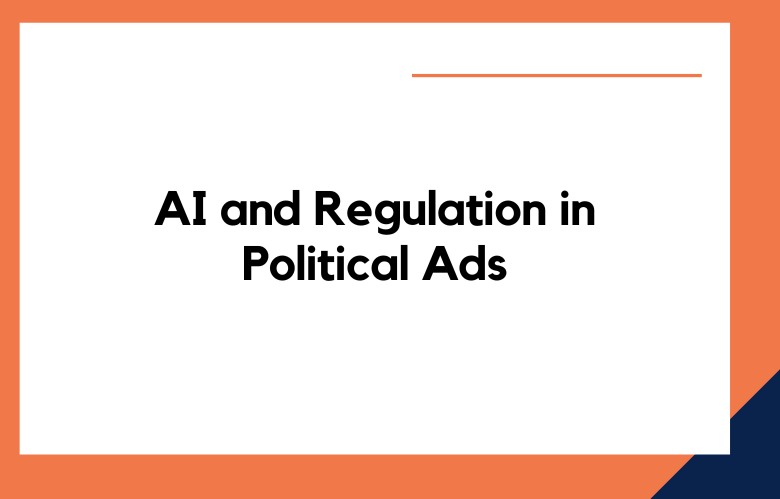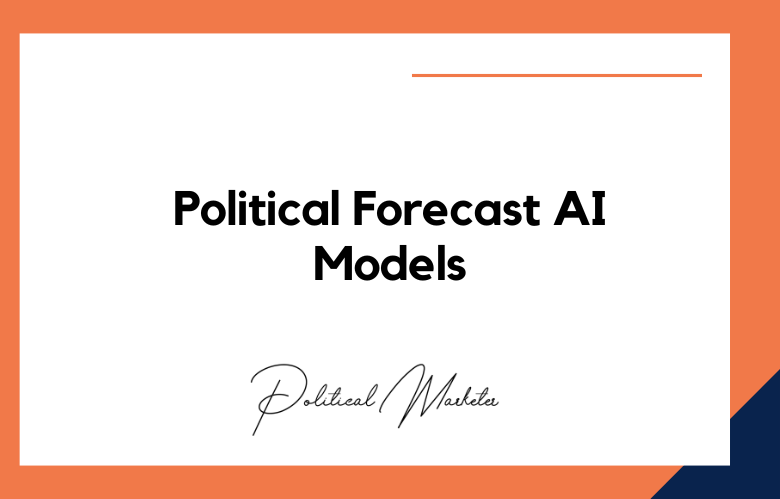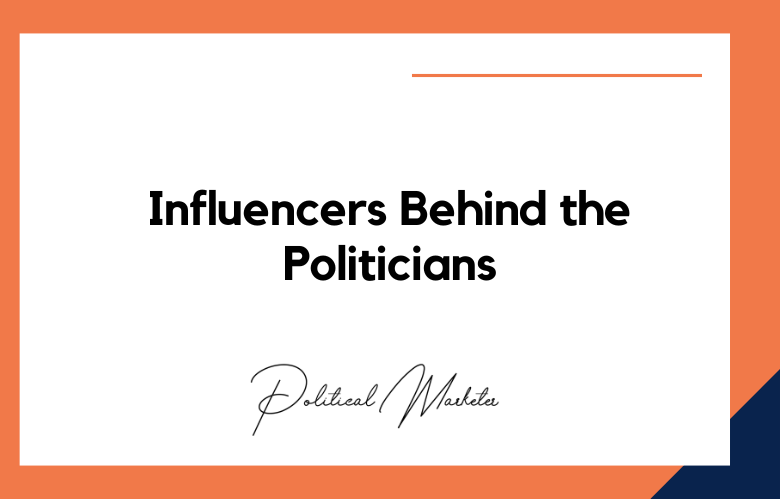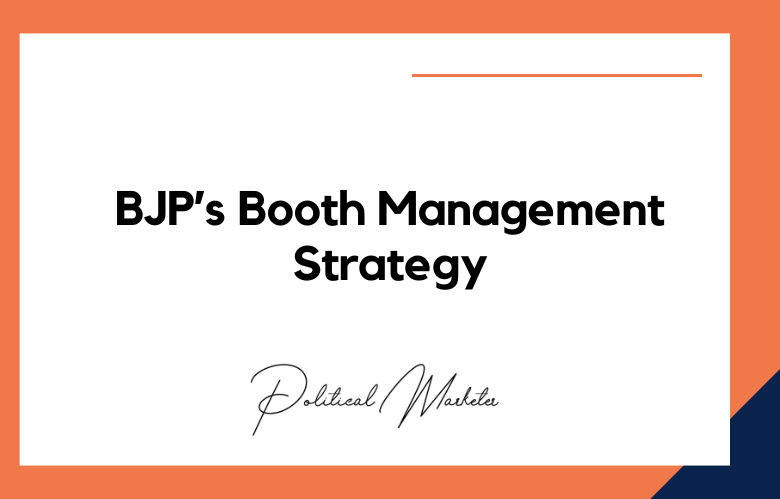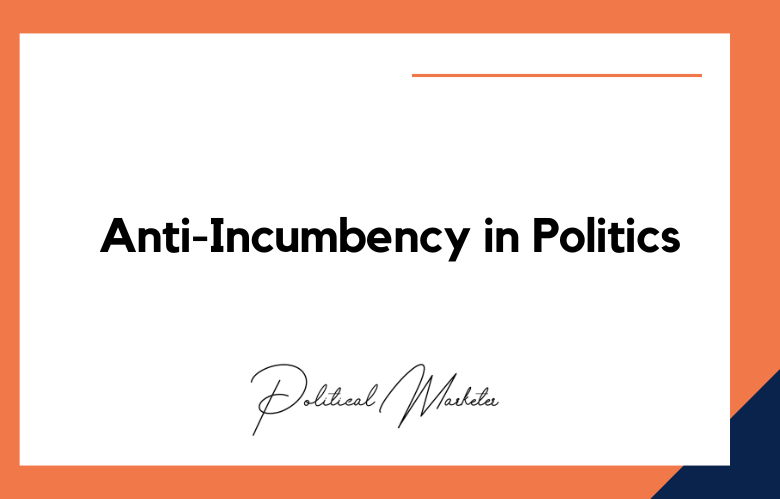In light of the recent US presidential elections, the role of online political advertising has never been more relevant. From social media to search engines, digital platforms have become the battleground for campaign messaging and political discourse.
However, with the emergence of artificial intelligence, concerns about the potential for manipulation and deception have escalated. In this context, it is vital to explore the interplay between AI and legal regulations in political advertising and the ethical implications for society as a whole.
The use of AI in political advertising has the potential to revolutionize the way that campaigns target voters. Machine learning algorithms can analyze vast amounts of data to identify patterns and tailor specific messages to individual voters based on demographic data, internet searches, and past behaviors.
Artificial Intelligence and Regulation in Political Ads: Can We Control the Spread of Misinformation in Social Media?
Advertisements in different forms of media have always fueled political campaigns. But with the rise of social media, political ads have become more targeted, sophisticated, and ubiquitous, thanks to the power of artificial intelligence (AI).
However, the use of AI in political advertising also raises concerns about the spread of misinformation and the manipulation of public opinion.
As we head into a new era of political campaigning, where AI plays a crucial role in shaping public discourse, we need to explore how we can regulate the use of AI in political ads to ensure transparency, accountability, and fairness.
The Challenges of Self-Regulation and the Need for Electoral Integrity
Political advertising thrives on freedom of expression; however, there is peril when this freedom is misused.
Social media has deepened the potential for information overload, misinformation, fake news, and propaganda that have flooded the internet during election campaigns.
The low barriers to entry and the sheer amount of ad content have made it challenging to regulate and monitor the flow of political advertising.
Self-regulation may not always work since political actors may exploit gaps in the system for personal or partisan gains. The need for electoral integrity calls for a more robust and transparent approach towards regulation.
Legal Frameworks and Regulatory Mechanisms for Political Ads
In most countries, an established legal framework governs political campaigns and advertising. The extent to which political ads are regulated varies from country to country; some countries have yet to establish regulations.
An effective regulatory mechanism for political advertising should encompass guidelines for transparency, accountability, and how parties and candidates may use data to target advertising. The ability of regulatory bodies to keep pace with the rapid advancements of digital advertising technologies is a vital aspect of any framework put in place.
Possible Solutions for AI-Enabled Political Ads
The election campaigning and advertising technologies will continue to evolve, as will the regulatory frameworks and mechanisms that govern them. Advanced AI could be adapted to develop tools that help monitor digital political campaigns.
Observers could use these tools to track the data related to the audience, the source of the advertisement, and its targeting. The development of tools for fact-checking and monitoring the authenticity of political messages could also play a role.
However, these tools cannot work in isolation; there is a need for better laws and regulations to ensure stiffer penalties for violations regarding online campaigning, propaganda, and disinformation.
AI and Regulation in Political Ads: The Future of Democracy
Politics has always been an arena where persuasion plays a significant role. Political campaigns have historically relied on messaging tactics and advertising strategies that can sway voters toward one candidate or another. This reality is amplified in our digital age, where political ads are seen on social media platforms and search engines.
In recent years, AI (Artificial Intelligence) in political advertising has emerged as a game changer in election campaigns. However, the use of AI in political ads highlights the need for updated regulations, as unethical practices can steer the public toward misinformation.
Therefore, this blog post delves into AI’s overall impact, the current debate on regulating political ads by social media companies, the transparency issue, and the future of AI-driven political advertising.
The Intersection of AI and Regulation in Political Ads: A Necessity in Modern Political Campaigning
In the age of social media and the internet, political campaigning has extended beyond just posting ads on television and billboards. Political campaigns have reached online platforms and utilize artificial intelligence (AI) in their advertising strategies.
However, increasing concerns regarding the role of AI in political advertising have arisen, leading to discussions on regulating political ads. This blog post will dive deeper into the intersection of AI and regulation in political ads.
Firstly, let us understand the role of AI in political advertising. AI algorithms assist political campaigns in identifying potential supporters and targeting them with ads. AI analyzes vast social media activity, online search history, and public records to personalize campaign ads for individual voters.
The Future of Political Advertising: AI and Regulation
The rise of social media has drastically changed the landscape of political advertising. Candidates can now communicate directly with voters through platforms like Facebook and Twitter, potentially reaching millions of people for a fraction of the cost of a television ad.
However, this new era of digital advertising has also raised concerns about regulating political messaging. The recent controversy over Russian interference in the 2016 presidential election has brought these challenges to the forefront.
As the 2020 election approaches, many are asking how we can balance the benefits of technology with the need for transparency and accountability. This is where AI comes in.
Political Advertising and AI: The Giant Leap Towards Voter Identification
Political advertising in the digital age has come a long way from its traditional means of reaching voters via mail, TV, or radio.
Online media platforms with advanced AI algorithms use data analytics to target individual voters based on their social media behavior and preferences. This form of micro-targeting helps parties create customized messages to achieve desirable reactions while avoiding the risk of alienating potential voters.
Conclusion:
The interplay between AI and legal regulations in political advertising requires careful consideration.
While AI has the potential to revolutionize the way campaigns are conducted, it can also be used for manipulative and dishonest practices.
Effective legal and regulatory frameworks can help mitigate these technologies’ negative aspects, but they should be updated regularly to keep pace with these quickly evolving tools.
The discussion about the ethics of AI-powered political advertising is far from over and requires open, honest, and forward-looking debate.
As the boundaries between the digital and physical realms continue to blur, it is within our collective responsibility to ensure that these emerging technologies preserve the democratic integrity of societies.
Call: +91 9848321284
Email: [email protected]

